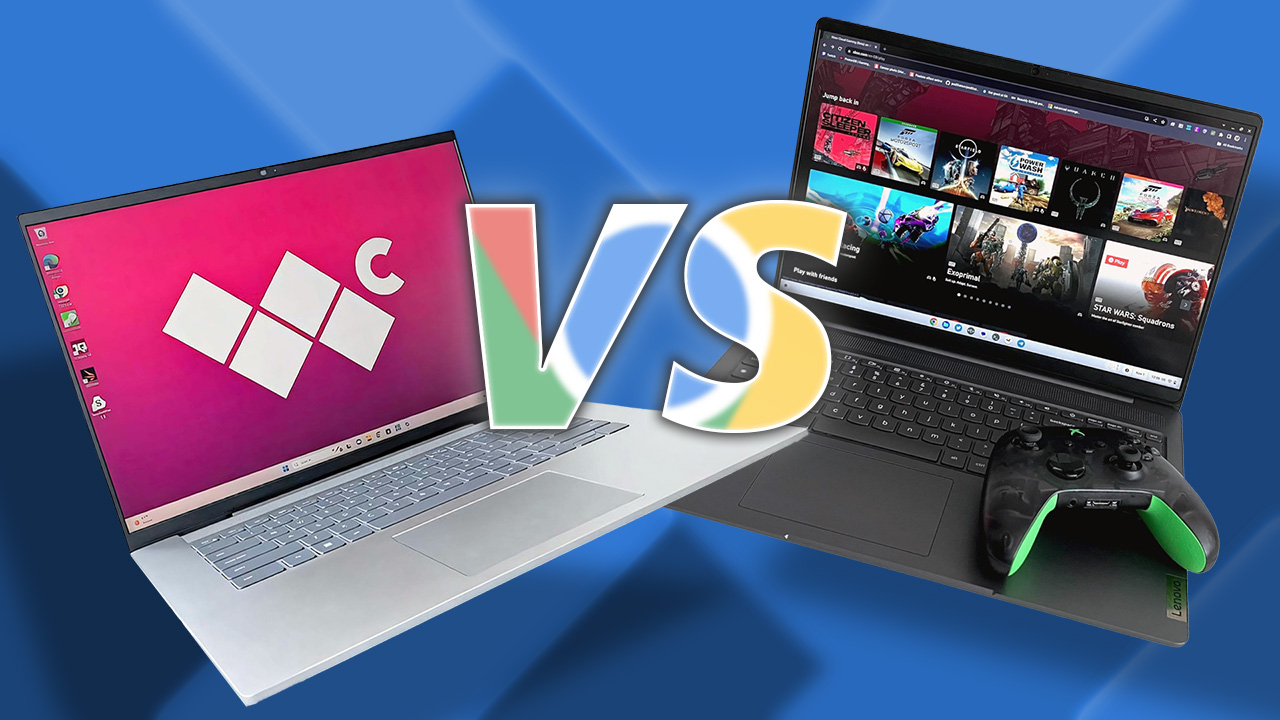
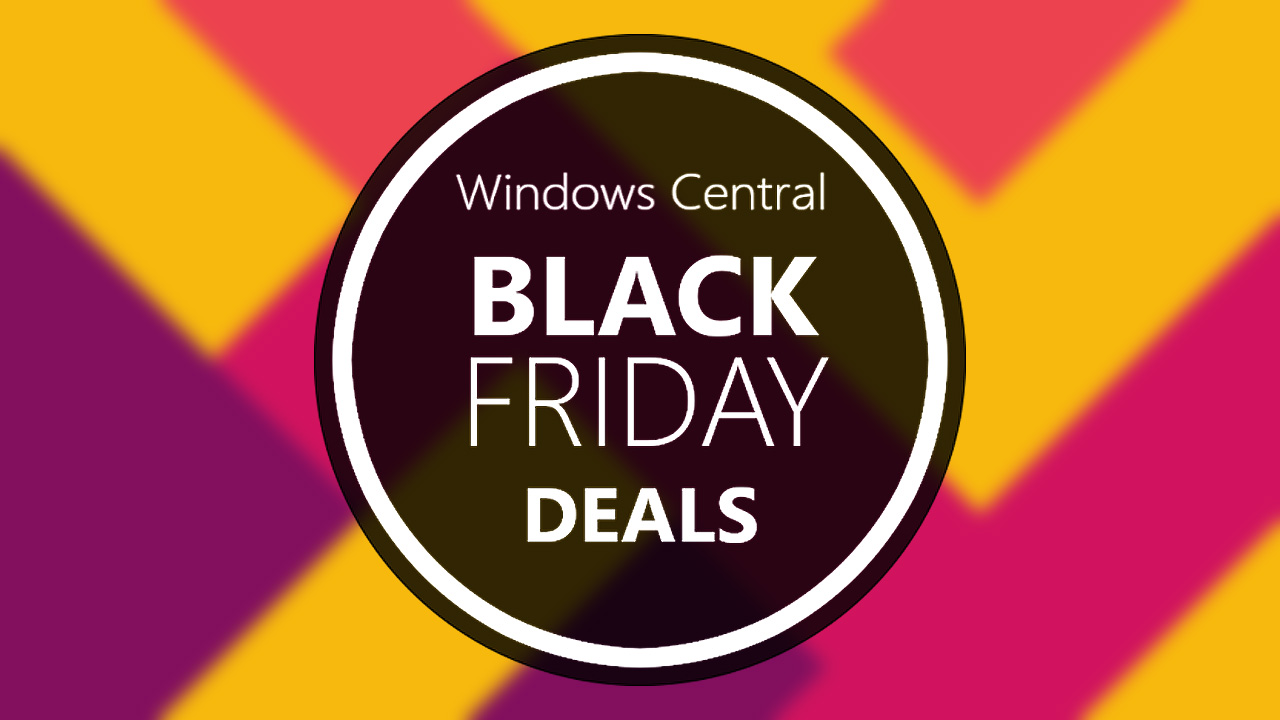
• Gaming TV early Black Friday deals
• 4K and Ultrawide monitor Black Friday deals
• Early Black Friday deals on power banks
• Xbox controller deals for November
Black Friday season is upon us, and that means one of the best times of year for laptop hunters to save a bundle. It's particularly good for those looking to buy a laptop on a budget, and that's where the question over whether you should buy a Chromebook or a Windows laptop comes into play.
We're excluding Apple from this discussion because budget and MacBook don't go in the same sentence.
Given the header on this website, you might think you already know how this is going to go. But I've used dozens of Chromebooks over the past 6 years or so, as well as obviously using a ton of Windows laptops. This isn't a case of "yes, you should buy Windows" because truthfully, there's a good argument to be made for going Google over Microsoft for the right person.
The case for buying a Chromebook on Black Friday
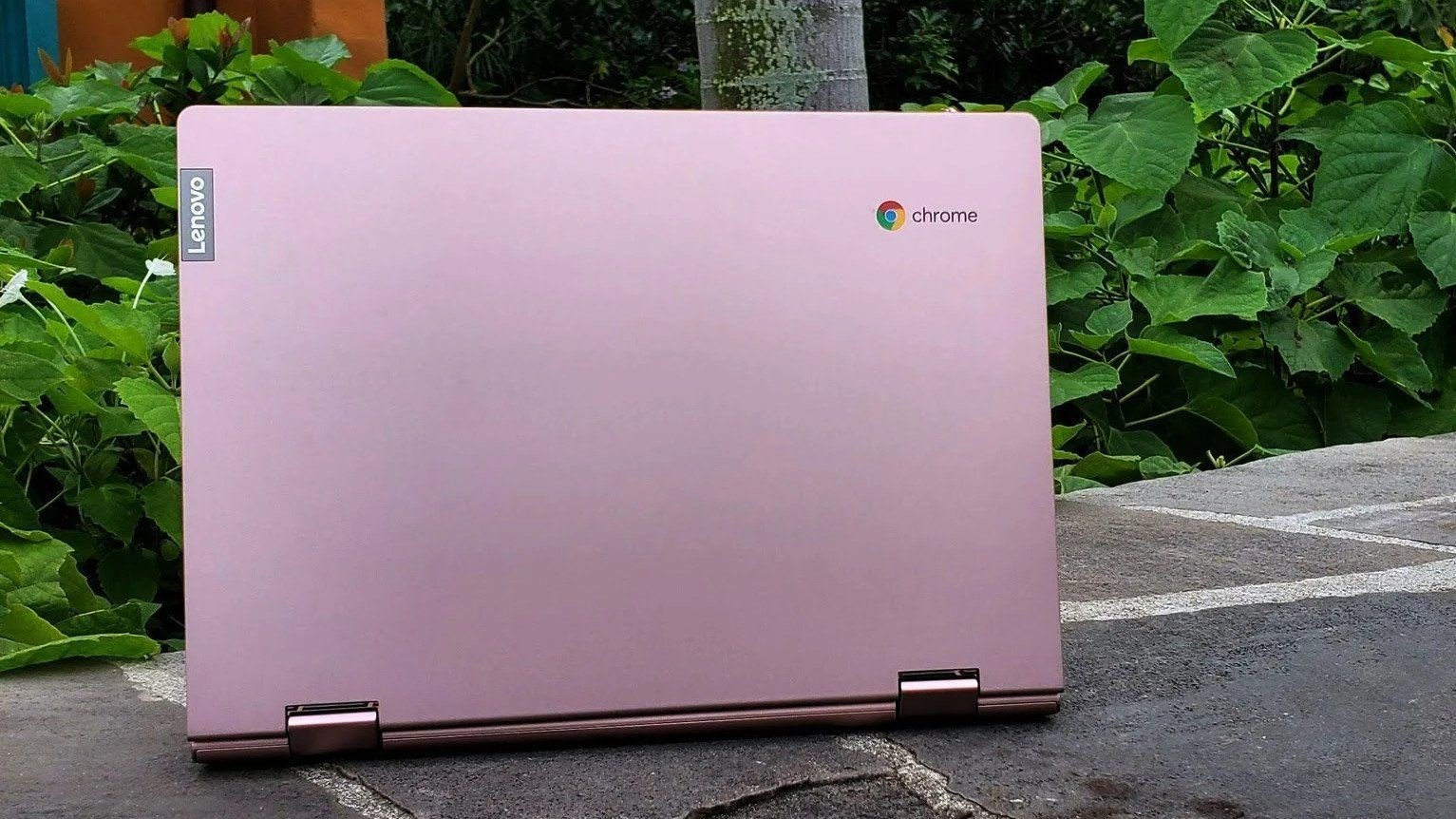
The first and perhaps biggest reason to consider a Chromebook over a Windows laptop during Black Friday deals season is price. This doesn't just apply to deal events like this, as Google-powered laptops are quite often cheaper than their Windows-toting equivalents.
But it isn't just price. It's better described as value. Even a low-end Chromebook will perform pretty well with Chrome OS compared to a similarly spec'd laptop running Windows 11. 4GB of RAM should never be considered in a Windows laptop in 2023, but on a cheap Chromebook, you can get by fine. There will still be limitations, but less than on a Windows laptop with this little memory.
Chrome OS itself has come a long way. Gone are the days that it was essentially a glorified web browser. While the web and web apps are still a heavy part of it, on a Chromebook you can now also use Linux desktop apps and Android apps from the Google Play Store. The combination of these three means that you're able to cover off most use cases on a Chromebook these days, be it for work, play, gaming, coding, video or photo editing, or education.
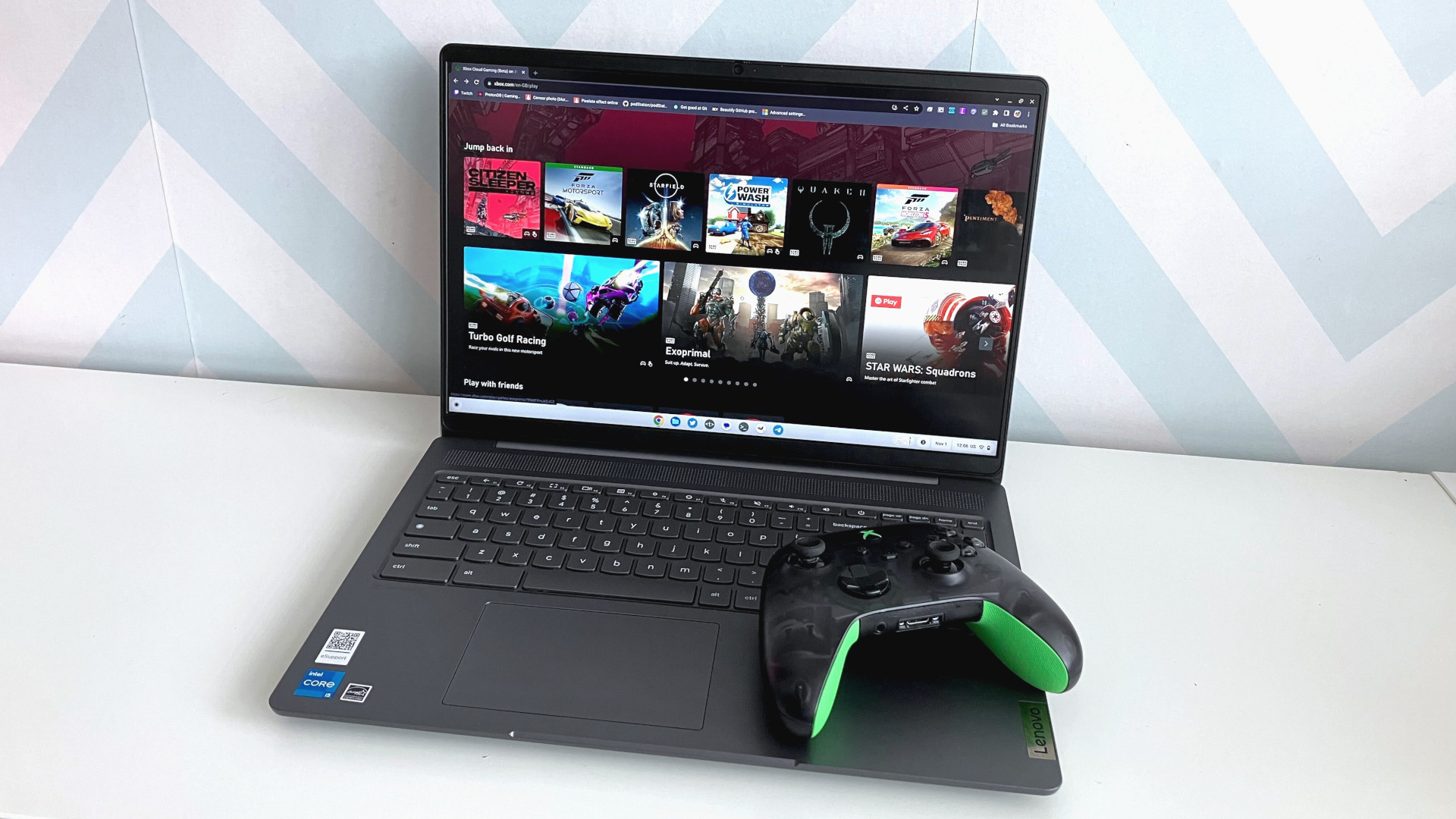
For most people doing most normal computing things, Chrome OS is just as capable as Windows 11 in 2023. That includes if you're in the Microsoft ecosystem. Microsoft 365 is available as web apps, and they work really well. Microsoft has also been working with Google on a way to natively integrate OneDrive into the Chrome OS Files app as well. The streams have crossed, but you no longer have to worry about being siloed into Google or Microsoft, you can use whatever you want.
There are even gaming Chromebooks now. As I've explored already, these won't replace a serious Windows-powered gaming laptop, instead geared more towards the cloud. But Chromebooks now come with high refresh rate displays, even RGB keyboards, as well as 12th and 13th Gen Intel processors. At the right price, there's a strong case to buy one.
Besides all of the above, you can expect good battery life, instant-on capabilities, seamless integration with your Android phone, and a range of perks that often come bundled. The last Chromebook I bought came with three months of free NVIDIA GeForce Now Ultimate and a three-month trial to Adobe Photoshop, now also available on Chromebooks via the web.
It makes deciding a little more difficult, since the drawbacks of using Chrome OS are far fewer than they once were. If you find one at the price you want, with the specs you're looking for, go for it.
The case for buying a Windows laptop on Black Friday
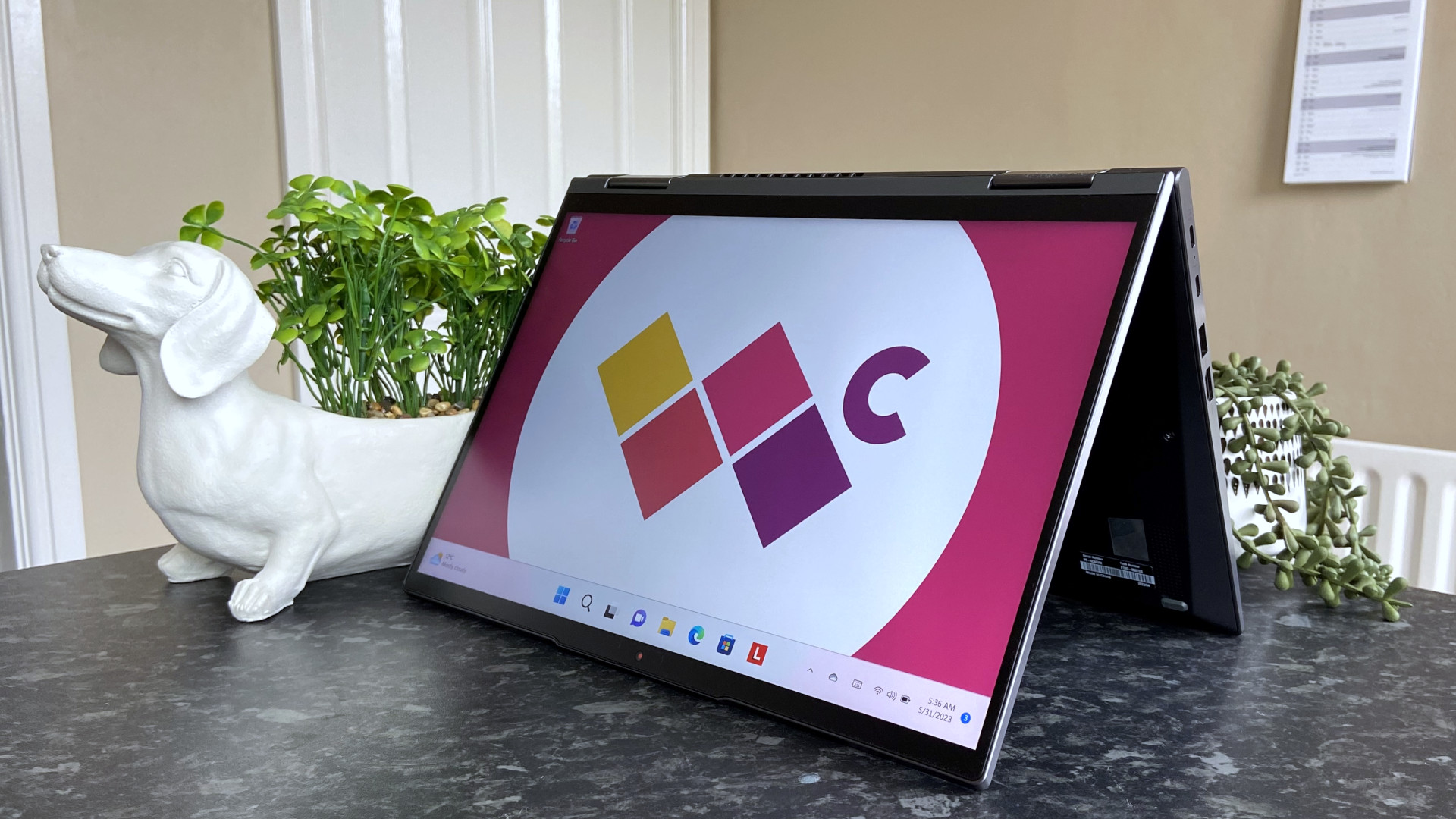
As good as Chromebooks have become, they simply are not for everyone. A big part of that is the legacy of Windows. An ever-increasing number of apps and services are now available through the web, but there are plenty that aren't and likely never will be.
I'm not talking about Microsoft apps here, of course. Rather, the wide-world of third party software. Take creators, for example. You can edit videos on a Chromebook, but those apps are far more limited than something such as DaVinci Resolve or Adobe Premiere Pro. Likewise, you can't use a tool like OBS Studio on a Chromebook to stream to services like Twitch or YouTube.
This is but one example, but it sets out the message. For any kind of serious workload, a Windows laptop is still going to be far more appropriate than a Chromebook. Even with access to Linux and Android apps on Chrome OS, you can't reach that same level as on Windows 11. And if Linux is a draw, remember you can install WSL on Windows 11 to get a similar level of integration to Linux on Chrome OS.
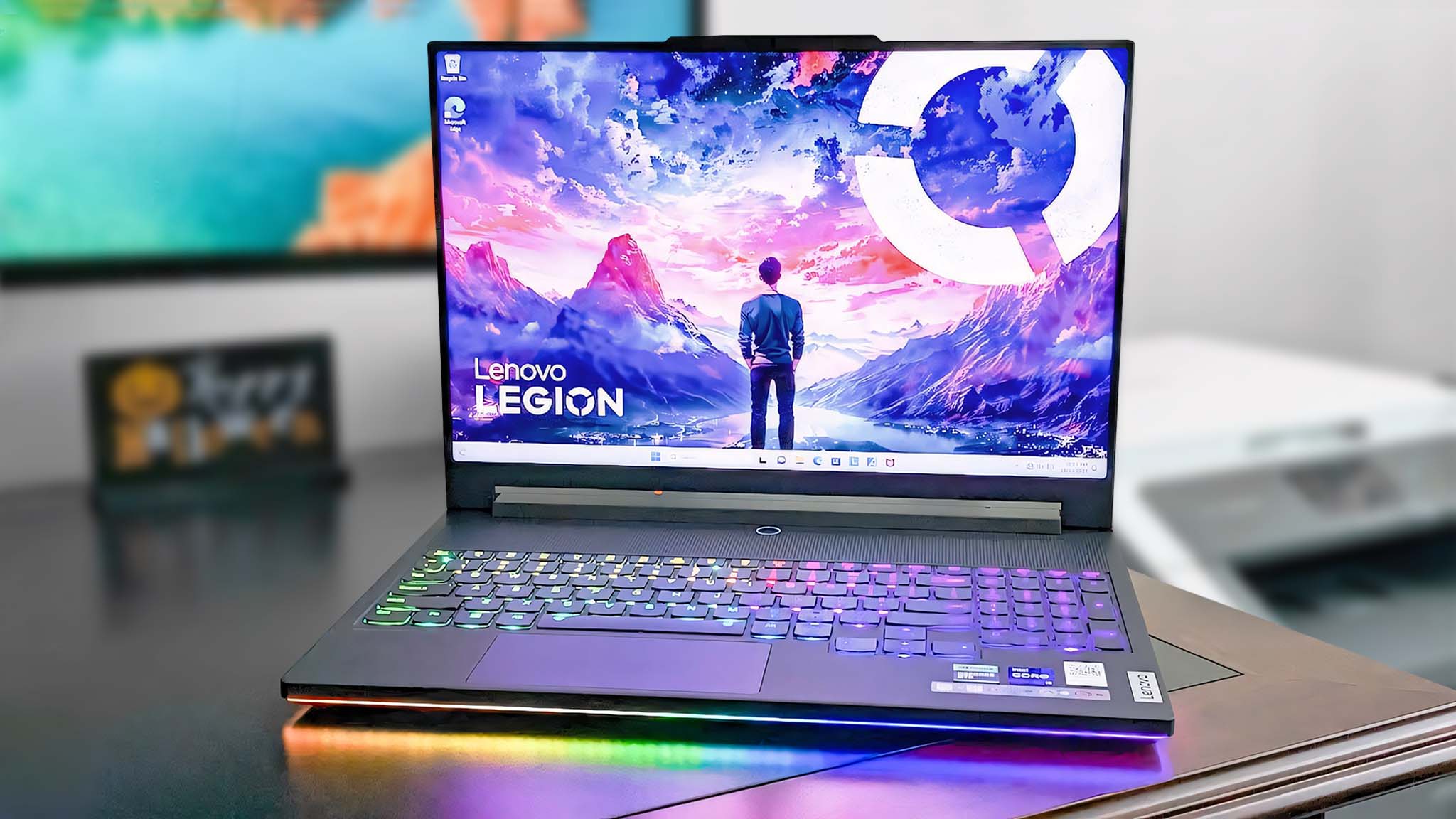
Only on a Windows laptop are you going to find dedicated GPUs as well. That's not just important for gamers, but that's an obvious target. Don't be fooled by the "gaming Chromebooks," as nice as they are, they're just regular Chromebooks with some gamer-friendly features.
For serious gaming, you have to go Windows, because you can get the latest mobile GPUs from AMD and NVIDIA, as well as the highest-spec CPUs from Intel and AMD. Chromebooks generally use lower-power, Ultrabook-spec CPUs, have no dedicated graphics, and you can't hook them up to an external GPU, either. By contrast, a Windows 11 gaming laptop can pack an Intel Core i9 and an NVIDIA RTX 4090.
That trend continues into storage and RAM, also. Chromebooks right now seem to top out at 16GB, which for Chrome OS is plenty. But heavy workloads will demand more. Running any kind of machine learning, virtual machines, CAD and 3D work, all will need a Windows laptop.
There's also the case of familiarity. It may sound silly, but humans generally don't do well with change. Most of us have grown up using Windows. It's a hard band-aid to pull off.
Buying tips for Chromebooks and Windows laptops on Black Friday
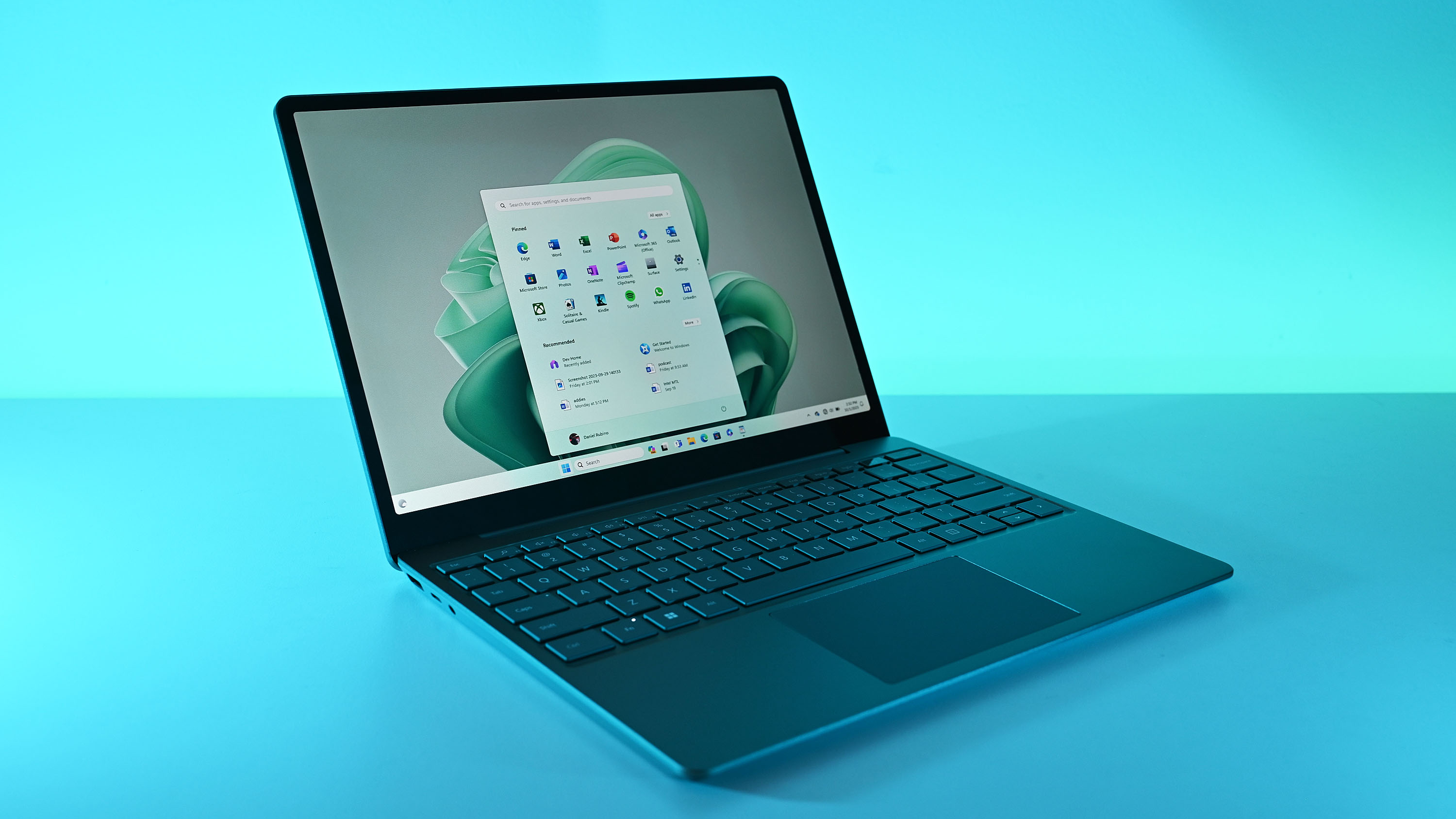
So which should you buy? Only you can make that decision. A Chromebook is a good alternative to a Windows laptop, particularly if you're looking to keep your budget low. Assuming of course you're OK moving into a new operating system, use primarily web apps and services, or if you're OK with relying on Linux and Android apps.
Windows is still the king for a reason, though, and heavier users, gamers, in particular, won't be switching any time soon. If you're comfortable with Windows and you find a laptop that fits your needs and budget, there's no glaring reason to switch.
Whichever you buy, though, this list of handy pointers will help you get the best bang for your buck.
- Get the most RAM your budget will stretch to. Don't buy a Windows laptop with less than 8GB of RAM at all, and if you can get an 8GB Chromebook as a minimum, then definitely do. It'll serve you better in the long run.
- If a deal sounds too good to be true, it usually is.
- Look out for discounts on last-gen products. Laptops with 11th and 12th Gen Intel processors, for example, are still good buys, and you're more likely to find a better discount on older laptops.
- Don't be put off by lower storage if the deal is good enough. On Windows, upgrading your SSD is simple and often cheaper than buying more from the manufacturer. Chromebooks can also be upgraded, so long as it's using an SSD rather than eMMC.
If you're looking for some assistance on specific laptop deals to buy this Black Friday, we've also got you covered. Our roundup of Black Friday laptop deals is the place to go if you're hunting for Windows, while our pals over at Android Central are rounding up the best Black Friday Chromebook deals.







